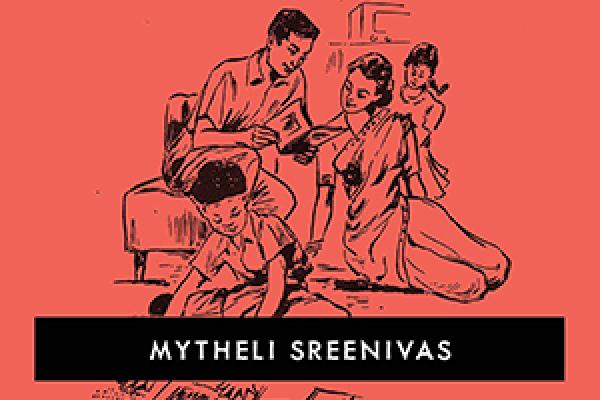
Event Host: College of Arts and Sciences
Short Description: Beginning in the late nineteenth century, India played a pivotal role in global conversations about population and reproduction. In this talk about her new book, Reproductive Politics and the Making of Modern India, Mytheli Sreenivas demonstrates how colonial administrators, postcolonial development experts, nationalists, eugenicists, feminists, and family planners all aimed to reform reproduction to transform both individual bodies and the body politic. Across the political spectrum, people insisted that regulating reproduction was necessary and that limiting the population was essential to economic development. This talk investigates the often devastating implications of this logic, which demonized some women’s reproduction as the cause of national and planetary catastrophe.
Beginning in the late nineteenth century, India played a pivotal role in global conversations about population and reproduction. In this talk about her new book, Reproductive Politics and the Making of Modern India, Mytheli Sreenivas demonstrates how colonial administrators, postcolonial development experts, nationalists, eugenicists, feminists, and family planners all aimed to reform reproduction to transform both individual bodies and the body politic. Across the political spectrum, people insisted that regulating reproduction was necessary and that limiting the population was essential to economic development. This talk investigates the often devastating implications of this logic, which demonized some women’s reproduction as the cause of national and planetary catastrophe.
To tell this story, Sreenivas explores debates about marriage, family and contraception. She also demonstrates how concerns about reproduction surfaced within a range of political questions about poverty and crises of subsistence, migration and claims of national sovereignty, normative heterosexuality and drives for economic development. Locating India at the center of transnational historical change, this talk suggests that Indian developments produced the very grounds over which reproduction was called into question in the modern world.
Panelist:
Mytheli Sreenivas, Associate Professor, Departments of History and Women’s, Gender and Sexuality Studies
This event is free and open to the public. For more information and to register, click the button below.
If you require accommodation to participate in this webinar, please contact Clara Davison at davison.102@osu.edu or 614-688-1214. Requests made two weeks before an event will generally allow us to provide seamless access, but the university will make every effort to meet all requests.
Unable to join the event live? No worries, register anyway. All registrants will receive a recording of the webinar and additional resources about a week following the event.
